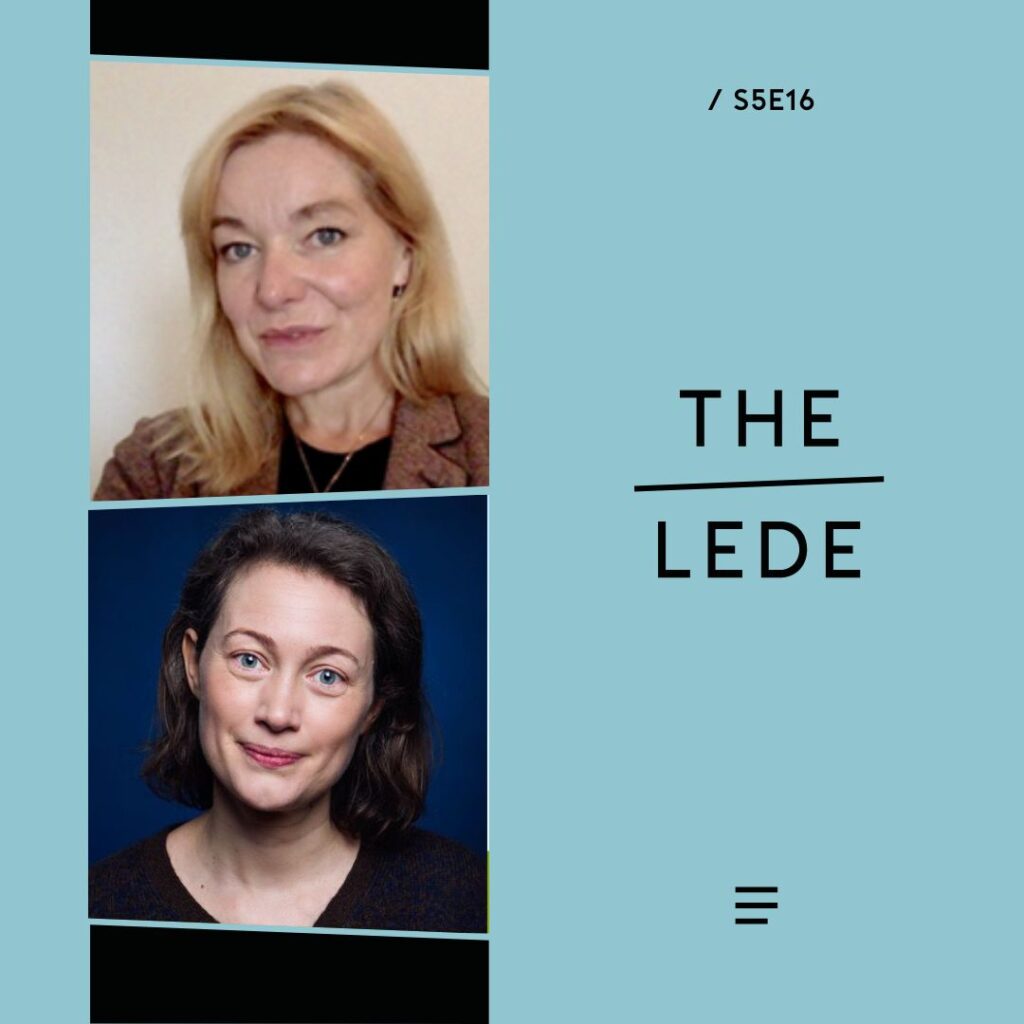Hosted by Lydia Wilson
Featuring Elizabeth Pearson
Produced by Finbar Anderson
Listen to and follow The Lede
Apple Podcasts | Spotify | Podbean
The people that Elizabeth Pearson spoke to for her research into extremism were often dangerous, but her role as an academic offered a kind of protective barrier. “When you’re going into it as a research project, that is a kind of armor against a lot of potential emotional difficulties, because you’ve got a task,” she tells New Lines’ Lydia Wilson on The Lede.
“My task is to talk to people, to gain primary data, the transcripts, to analyze those with a gendered lens and to understand gender in their mind,” says Pearson, whose book, “Extreme Britain: Gender, Masculinity and Radicalisation,” was published late 2023.

“I talk about radicalization as a masculinity project, by which I mean that at each stage you see this fulfilling of particular masculinities as a means of gaining status.”
In the book, Pearson argues that misogyny and masculinity play a much greater role in radicalization and recruitment to extremist groups than has been credited to date. “It’s not really possible to understand extremism without thinking about gender,” she tells Wilson. “I talk about radicalization as a masculinity project, by which I mean that at each stage you see this fulfilling of particular masculinities as a means of gaining status.”
Pearson was careful, nevertheless, to avoid focusing too heavily on the idea of “toxic masculinity,” which, she says, “is not a useful term because it’s too simplistic and it makes it feel like the blame is with men and certain particular men.”
The reality, she argues, is more nuanced. She notes that for extremists, misogyny is “a tool that maintains gendered orders and those gendered orders … uphold men’s power and men’s dominance. It’s not about hating women. In fact, it’s about rewarding some women, the women that are working with you to uphold those structures.”
In her research, Pearson focused on both right-wing and Islamist groups in the U.K., noting a significant overlap in their ideologies. “Everybody was like, ‘Men and women are fundamentally different.’ … This was something that was common to both groups. They have this belief about what gender is and how men and women should behave.”


